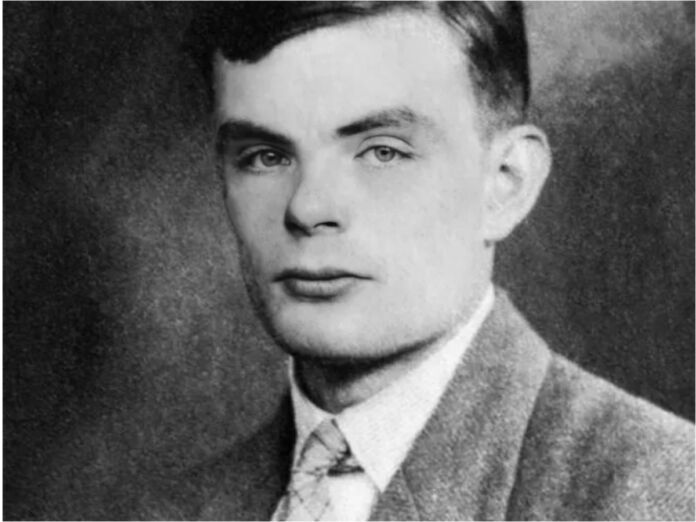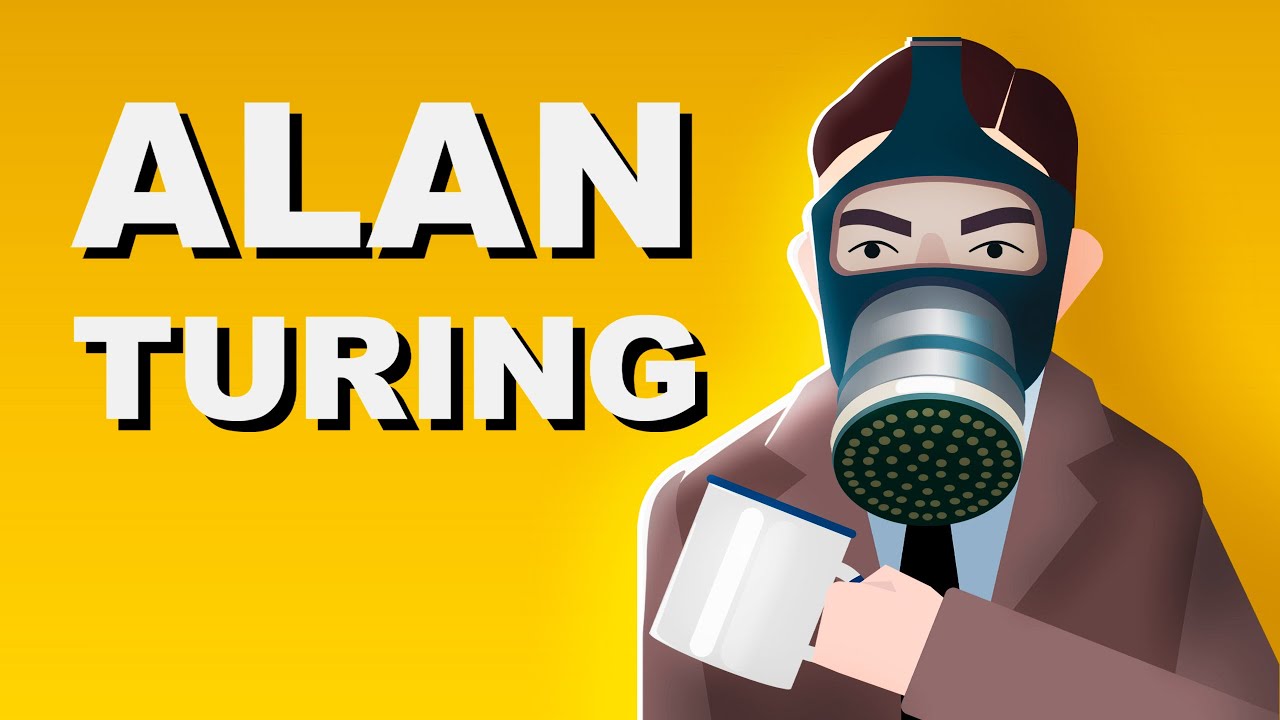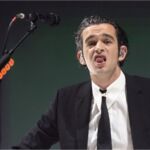Mathematicians and scientists have been in the spotlight for different reasons over the years. The reason has been their contributions to the discoveries of different theories related to mathematics and science. Two such brilliant personalities were Alan Turing and Albert Einstein.
Turing was known for developing theoretical computer science and offering a formalization of the concepts of algorithm and computation with the Turing machine, which is a model of a general-purpose computer. Einstein, on the other hand, was known as the developer of the theory of relativity and also contributed to the development of the theory of quantum mechanics.
Related: Scientists Say An Ancient Killer Is Quickly Becoming Resistant To Antibiotics
Everything You Need To Know About Alan Turing’s IQ
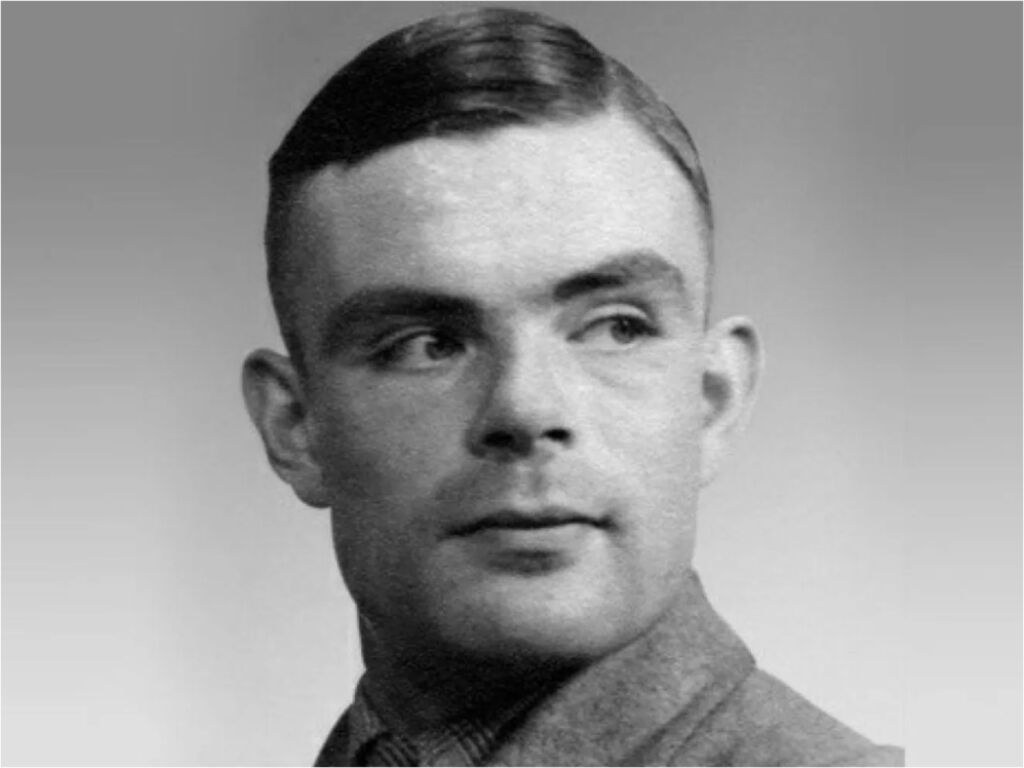
According to reports, Alan Turing’s IQ was around 185 but he was a typical teenager all these years. His report card from Sherborne School in Dorset, England clearly spoke about his weakness in English and French studies.
His mathematics featured a distinct promise which was undermined by untidy work and his essays were considered grandiose and beyond his abilities. He enrolled at Cambridge and then went to Princeton. Turing worked as a World War II liaison between the American and British cryptanalyst communities from 1942 to 1943.
Alan was not so perfect in a few subjects until he read a book called ‘Reading Without Tears‘. He then trained himself to read in three weeks and while he was at St. Michael’s Primary School, his headmistress said that the school had a lot of clever boys and hard-working boys, Alan was a genius.
In case you missed: Why Do Some People See And Hear Dead People? Scientists May Have An Explanation
Comparison Between Alan Turing And Albert Einstein’s Intelligence
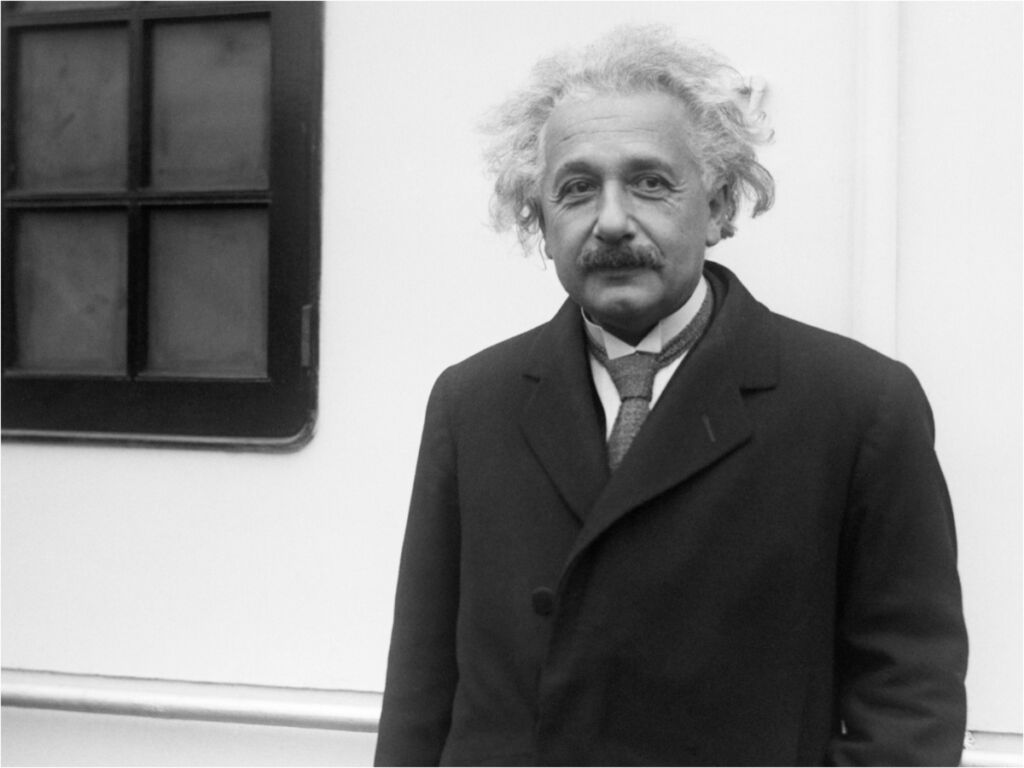
Although Alan Turing’s IQ was outstanding, Albert Einstein was smarter than Turing. A physicist named Lord Kelvin recommended that young students not study physics and listed two problems to be solved following which the thing that remained was to do better measurements. He may have also included the Ultraviolet Catastrophe.
Einstein solves both riddles and the answers were about relativity and quantum mechanics. He was basically the creator of modern physics without taking the help of anyone. While he formulated relativity, he discovered that it implied that the Universe could be expanding.
The astronomers also believed at the time that the Milky Way was the entire Universe and other galaxies were not discovered for a few more years. Einstein then introduced the cosmological constant to reproduce the apparent static nature of the galaxy, expecting that a physical interpretation would come later.
You might like to read: Scientists Discover Molecule That Kills Even The Deadliest Cancer: All You Need To Know

